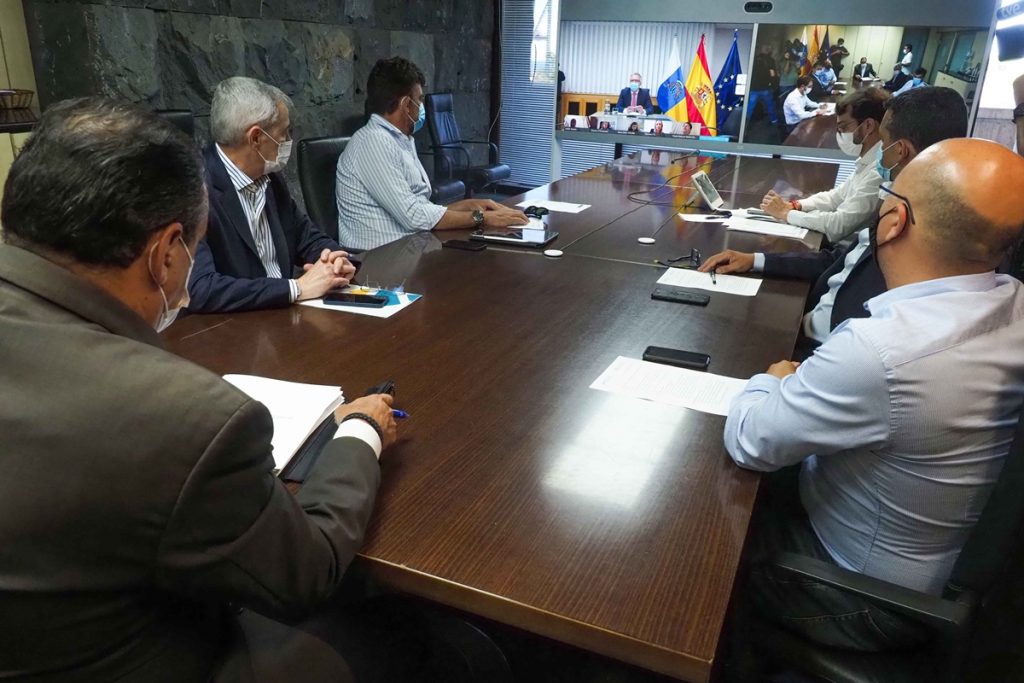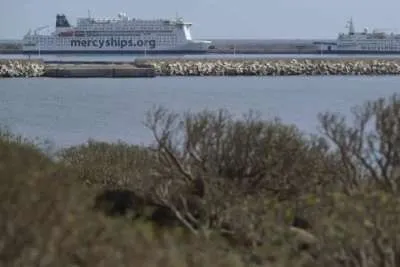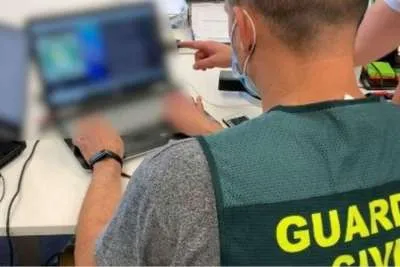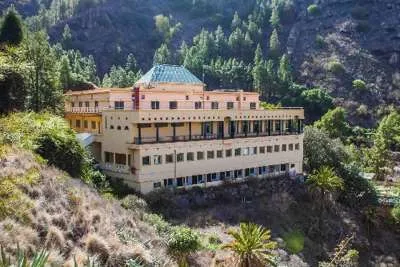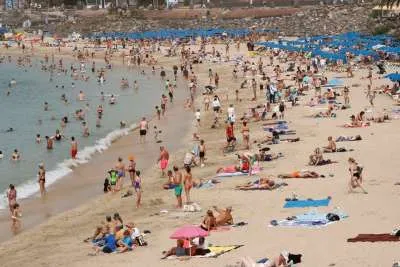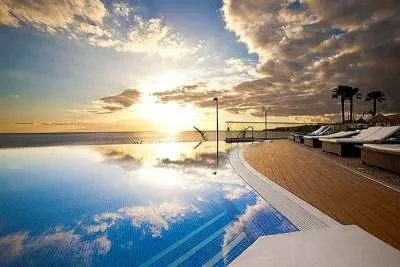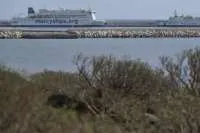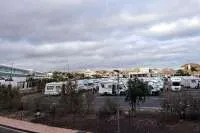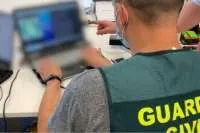Full details on the agreement between Government and the hospitality sector
- 01-07-2021
- National
- Canarian Weekly
Yesterday the Government of the Canary Islands and the business associations representing the hospitality sector agreed that islands in alert Level 3 will be able to keep the interior of their businesses open to the public, with some stipulations that will be approved by the Governing Council later today and published in the BOC tomorrow to have immediate effect.
The new regulations are as follows:
- Interior use of 40% with tables of 4 for any clients.
- Tables can be increased to 6 if all members of the group are fully vaccinated.
- An extra 10% of maximum capacity, totalling 50%, can be used if clients are fully vaccinated, with tables of 6.
In summary, 50% of the maximum capacity for the interior of the premises can be used, but at least 10% will have to be fully vaccinated, or 40% can be used freely. Vaccination must be accredited with the correct vaccination certificate and monitoring of this is the responsibility of the establishments.
- Terraces up to a maximum of 75% with tables of 6.
- Closing time is set at midnight.
- Extreme sanitary measures including correct distancing of tables, hand gels, cleaning tables in-between use, correct use of masks by clients and especially staff.
- Registration of all clients that use interiors in all hospitality venues in case of outbreaks for track and trace.
- Increased surveillance of venues in risk areas, i.e. those with most cases and highest incidence rates, to check for compliance with regulations.
The hospitality associations have agreed to these terms so that businesses can keep their interiors open, but have agreed to a very simple condition: Non-compliance to any of the above will lead to fines and closure of either the interior, the terrace, or the complete premises.
These agreements were adopted at the meeting of the technical table in which the businessmen of this sector in the Archipelago participated; the President of the Canary Islands, Ángel Víctor Torres; the Minister of Health, Blas Trujillo; the president of the Cabildo of Tenerife, Pedro Martín, and the president of Fecam, María Concepción Brito.
There was a "long debate with different proposals and reasons for those proposals", but both parties understand that the situation in Tenerife is "worrying", because, in addition, it puts at risk that those countries that send tourists could remove the Archipelago from their lists of safe destinations.
Torres stressed that "maximum vigilance" will be established by the security forces, which will be asked "to increase surveillance" in all areas of risk of contagion in the north and south of the island. "We have to turn the situation around and as soon as possible," he said. “We cannot hide from reality and recognize the problem of contagions on the island."
Different measures, such as "curfew, small groups of people, closure of sports spaces, restricting mobility and closing interiors of cultural and public spaces have served to reduce infections in the past, but now we have fewer tools. The ‘botellons’ must be prosecuted by the security forces because it is everyone's responsibility to join forces to end irresponsibility," he reiterated.
Other articles that may interest you...
Trending
Most Read Articles
Featured Videos
TributoFest: Michael Buble promo 14.02.2026
- 30-01-2026
TEAs 2025 Highlights
- 17-11-2025


